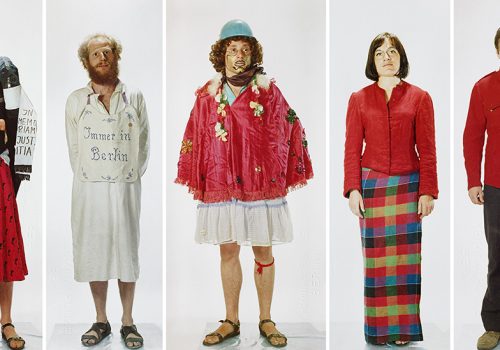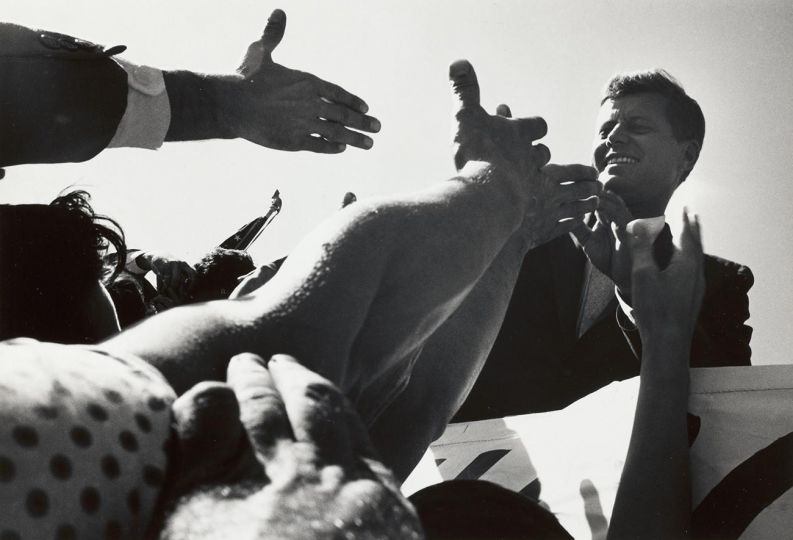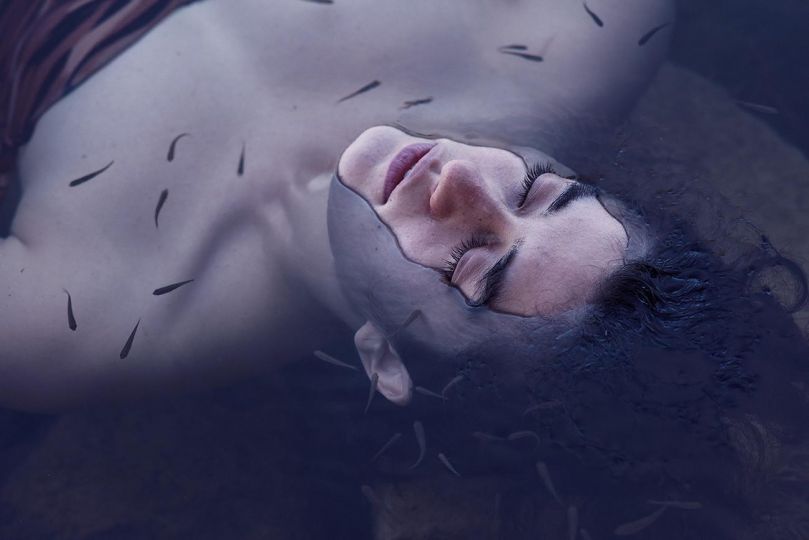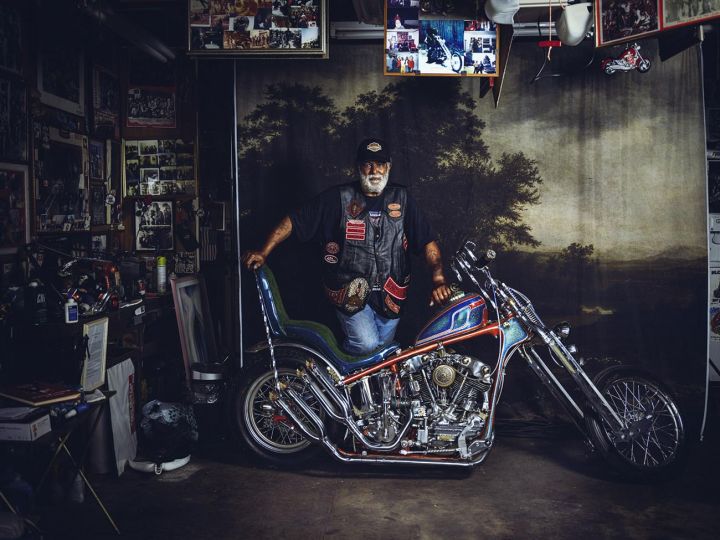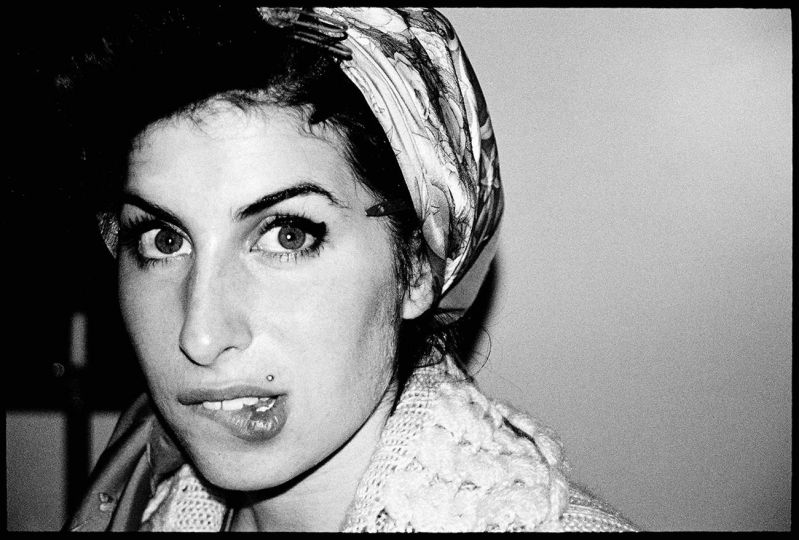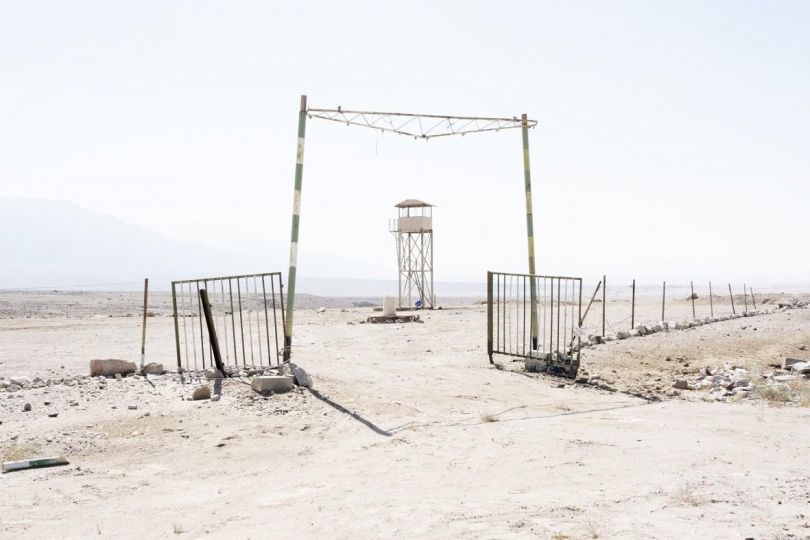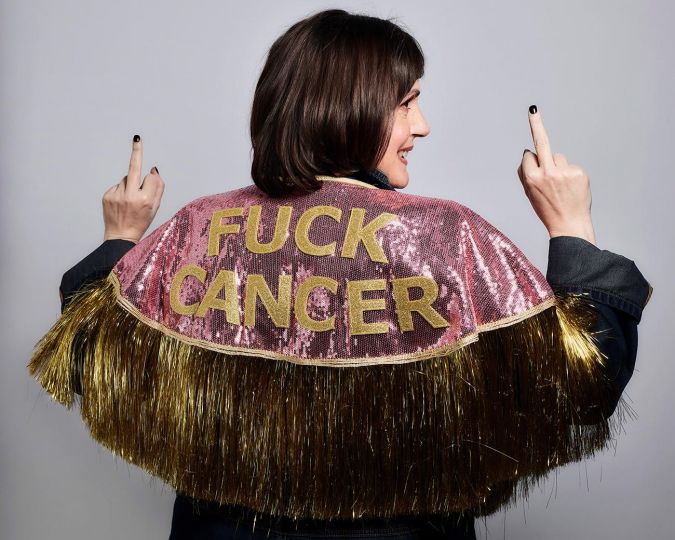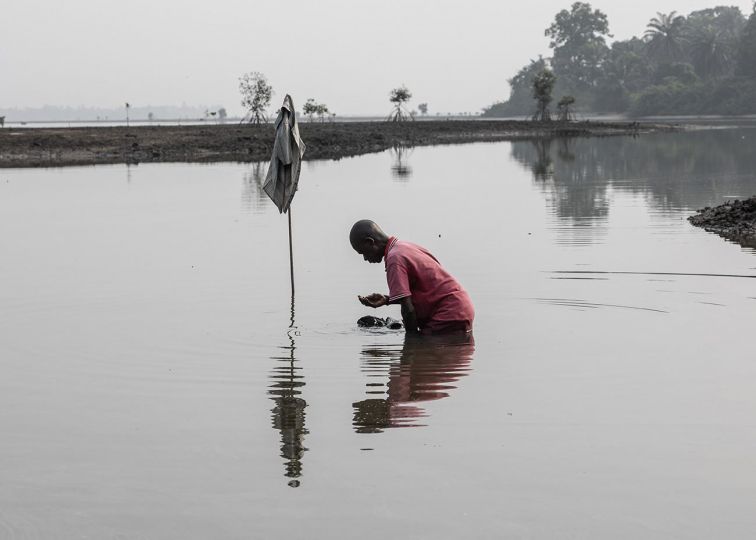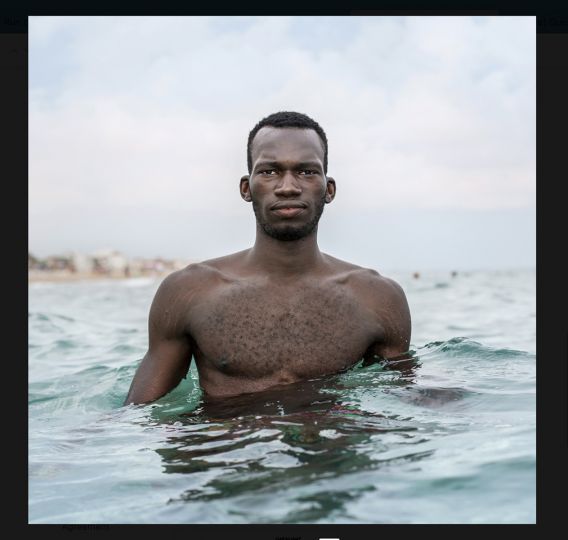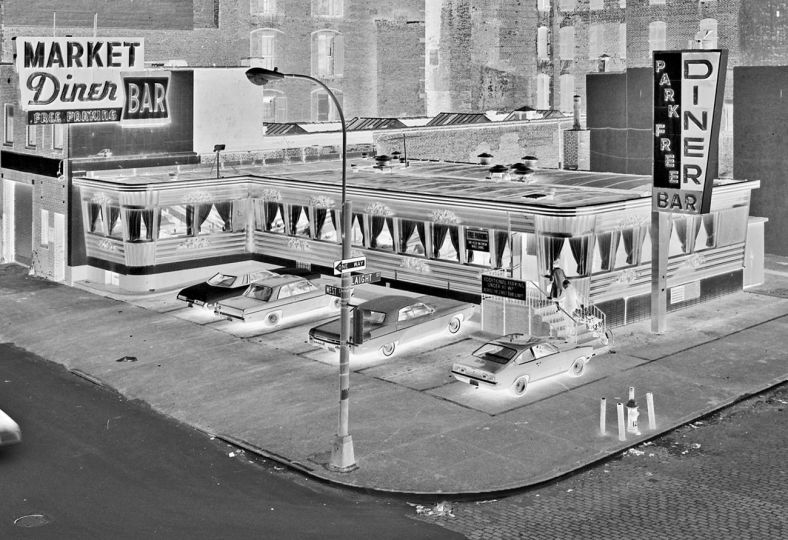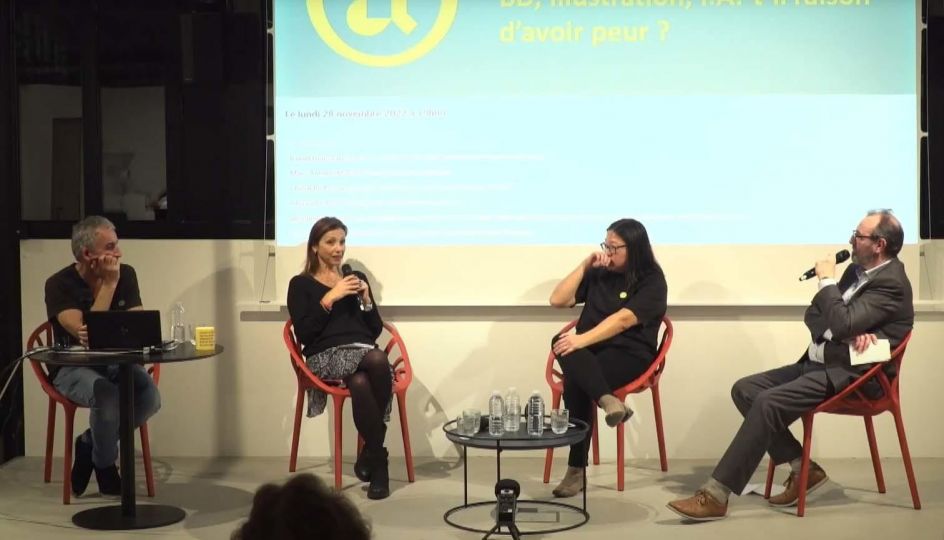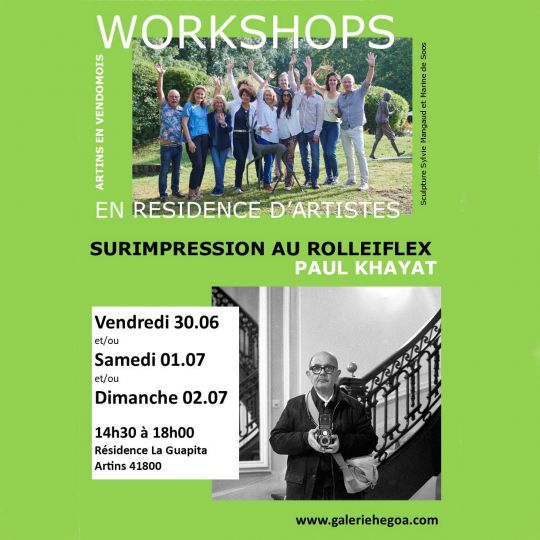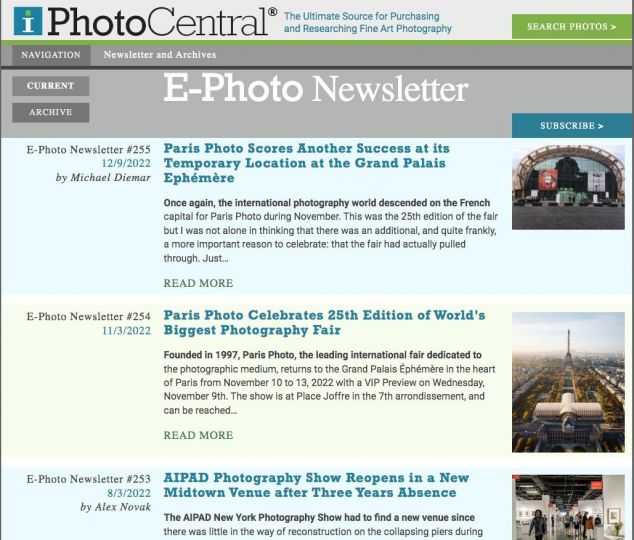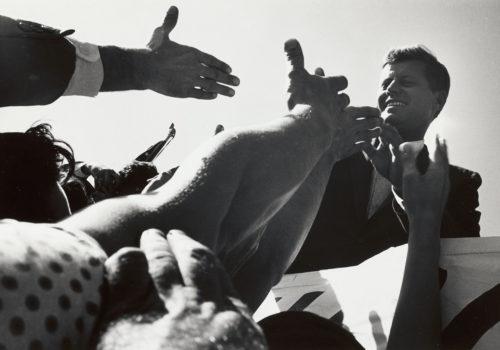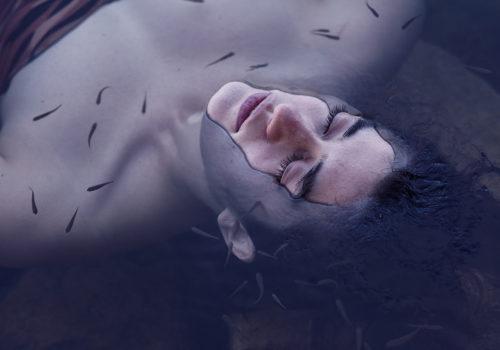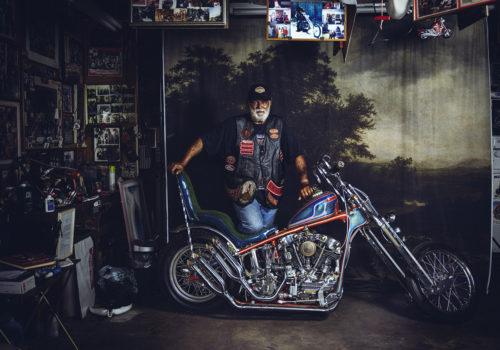The 2019 Deutsche Börse Photography Foundation Prize Exhibition opens at The Photographers’ Gallery in London from 8 March until 2 June 2019.
Following that, as part of a wide programme to marking the 20th anniversary of the Art Collection Deutsche Börse, the exhibition will tour to the Deutsche Börse headquarters, The Cube in Eschborn, Frankfurt (14 June – 23 August 2019).
Curated by The Photographers’ Gallery’s Anna Dannemann, this year’s exhibition of the 2019 shortlisted artists: Laia Abril, Susan Meiselas, Arwed Messmer and Mark Ruwedel surveys the diverse and innovative nature of their photographic practices, which both celebrate the medium’s development while challenging its boundaries.
Presented across the 4th and 5th floors of the Gallery, the exhibition features a searing visual investigation by Laia Abril into the history of abortion and the challenges to women’s reproductive rights; a sensitive on-the-ground reportage and collaborative history of Kurdistan by Susan Meiselas; a consideration of the photographic evidence found in State Archives that proposes a new reading of the beginnings of the Red Army Faction (RAF) researched, collected and edited by Arwed Messmer and a timeless photographic exploration of how geological, historical and political events have left their imprints on the North American landscape by Mark Ruwedel.
The winner of the £30,000 prize will be announced during the exhibition run at an evening award ceremony held at the Gallery on 16th May 2019.
The DBPFP19 exhibition aims both to highlight and give platform to four very diverse artistic practices, which simultaneously display innovative, committed and engaged approaches to photography. While each project uses the medium differently – from a focus on appropriated or collaboratively gathered material (Abril and Messmer) to social and environmental investigations (Meiselas and Ruwedel) – they are united by a high level of personal engagement using extensive research processes as a way of addressing urgent environmental, social and historical themes.
Nominated for the publication On Abortion, Laia Abril’s uncompromising, meticulously researched, visual investigation will be displayed on the 4th floor of the Gallery. On Abortion is the first chapter of Abril’s ongoing series, A History of Misogyny and offers a visual history of abortion as well as documenting the repercussions women endure when they do not have legal, safe or free access to the procedures. Within this exhibition, Laia will present intimate portraits, photos of early contraceptive devices alongside incendiary, hate-filled quotes from outspoken opposers to abortion rights. Featuring individuals forced to illegally abort, to those pressured into carrying pregnancies full term against their will, the project unpacks the rigid systems of power that exert control over the female body, and those fighting to protect it. The project addresses the marginalised position of women in past and contemporary societies, whilst exposing the many social triggers, stigmas and taboos that still persist around abortion and female health. Acclaimed journalist and Deputy Editor at the New Statesman, Helen Lewis has contributed an essay on this body of work for the exhibition catalogue.
Also presented on the 4th floor are Mark Ruwedel’s thought-provoking photographic creations, which each explore how geological, historic and political events leave their mark upon the landscape. Over the past four decades, Ruwedel has explored and documented the shifting nature of the North American terrain. For his presentation at The Photographers’ Gallery, Ruwedel will display work from Dusk, a series showing empty desert homes under the twilight sky; Pictures from Hell, depicting awe-inspiring landscapes which generations of settlers evocatively named Helltown, Devils Gardens, Hells Hollow or Devils Land; alongside nuclear test sites depicted in Crater and his homage to the artist Ed Ruscha in We All Loved Ruscha. Merging documentary and conceptual methods of image making, Ruwedel’s practice echoes historical photographic processes. His interest in the craft of photographic printing and the photograph-as-object is further evidenced by his hand-made artist’s books, which form a central part of the installation. John O’Brian, Art Historian, professor, writer and curator, has written an essay on Ruwedel’s work for the exhibition publication.
Arwed Messmer’s nominated project RAF – No Evidence / Kein Beweis is shown on the 5th floor. This comprehensive body of work reflects the historic trajectory of the far-left extremist organisation, the Red Army Faction (RAF) often referred to as the Baader-Meinhof Group. Formed in the 1960-70s, the group engaged in a series of violent terrorist attacks in Germany over the course of three decades. Messmer’s project repurposes images, documents and other source materials commonly used in police investigations and crime-scene reconstructions that he researched in German state and police archives. Messmer’s new and surprising ‘narrative’ examines how images once used as evidence in criminal cases can now provide a unique insight into our understanding of history. The installation highlights the early period between 1967 to 1977, showcasing images from the student protests in 1968, police re-enactments and an extensive collection of investigative, forensic and documentary photographs ranging from the mundane to the surreal. The celebrated writer and philosopher Nina Power has responded to the work in the accompanying catalogue.
Also showing on the 5th floor is work from the highly regarded artist Susan Meiselas nominated for her first European retrospective Mediations (Jeu de Paume, Paris 2018). From this vast body of work, Meiselas selected the long-term project Kurdistan/akaKurdistan to represent her here. The series offers a layered, lived history of Kurdistan, driven by the momentum of its contributors. In the 1990s, after seeing the exhumation of mass graves in northern Iraq, the result of Saddam Hussein’s genocidal campaign against the Kurds in 1987-88, Meiselas began an outstanding body of work, documenting the graves, archeological excavations and individual survivors. She continues to work with the community to gather visual evidence – documents, family photos, maps, personal stories – to build a public archive, which has developed into the website akaKurdistan.com. This deeply affecting project exemplifies Meiselas’ artistic approach and outstanding merit as an image-maker, whilst highlighting the collaborative nature of her documentary work. A dedicated workshop during the exhibition run will invite the Kurdish community in the UK to contribute their own memories to the project in order to create a new chapter of the storybook, which will then be displayed in the exhibition. Elizabeth Edwards anthropologist, photography curator and professor has contributed an essay on this project for the catalogue.
The Photographers’ Gallery will also present a rich programme of talks and events to accompany and illuminate the exhibition, including talks with all the shortlisted artists.
For more details visit: www.tpg.org.uk

